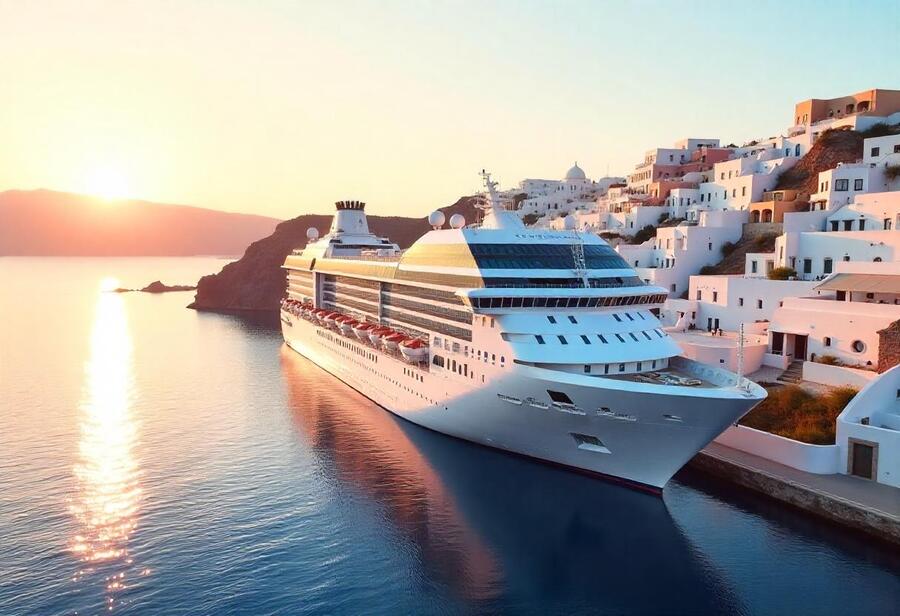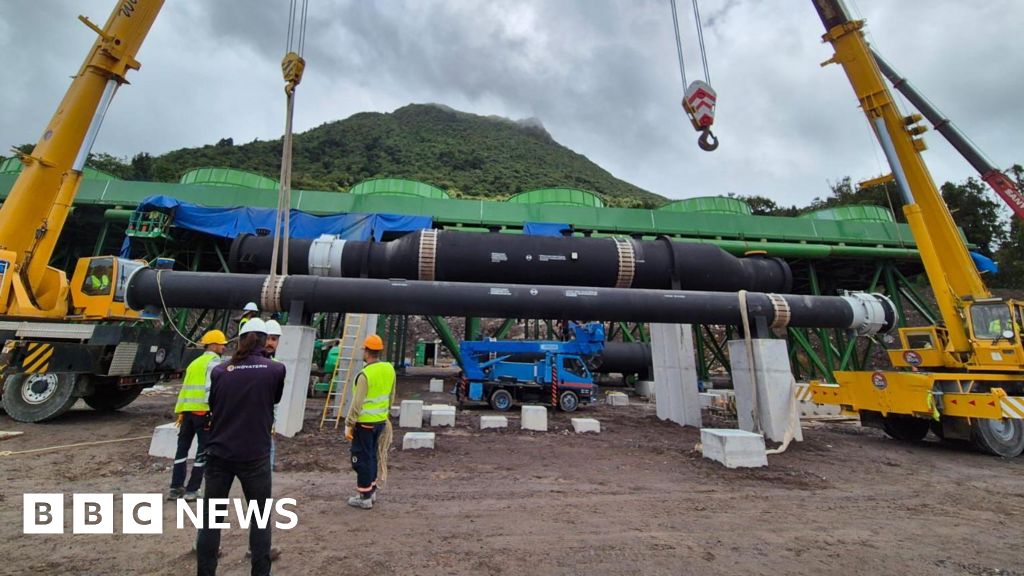Mexico New Cruise Tax from July 1 May Create Slump in Tourism, What You Need to Know - Travel And Tour World
Thursday, May 15, 2025

Mexico new cruise tax from July 1 is here, and the global cruise industry is watching closely. Yes, Mexico new cruise tax from July 1 is not just another policy—it’s a turning point. As Mexico new cruise tax from July 1 takes effect, cruise passengers, travel agents, and tourism boards are bracing for a ripple that could shake the shores of the Caribbean and beyond.
Every signal shows that Mexico new cruise tax from July 1 may create a slump. A slump in bookings. A slump in demand. A slump in confidence. That’s why travelers must understand what Mexico new cruise tax from July 1 really means.
Moreover, Mexico new cruise tax from July 1 comes at a sensitive time. Cruise tourism is rebuilding. Families are returning to sea. But now, with Mexico new cruise tax from July 1, extra fees may push travelers to rethink their itineraries.
As cruise lines adjust pricing models, the fear is real—Mexico new cruise tax from July 1 may create slump in tourism. Ports like Cozumel, Progreso, and Ensenada rely on steady passenger flows. However, with rising costs, travelers may skip Mexico altogether.
Industry insiders warn: when Mexico new cruise tax from July 1 kicks in, the cruise landscape will shift. Whether it creates a lasting slump or a short-term wave depends on how passengers respond.
So, if you cruise, plan ahead. Because Mexico new cruise tax from July 1 may create slump in tourism, and what you need to know could shape your next journey.
A seismic shift is coming to Caribbean cruising—and it starts in Mexico.
Beginning July 1, 2025, cruise passengers arriving in Mexican ports will quietly pay a new tourism tax of $5 per person. That’s just the beginning. The rate is set to double to $10 by August 2026, climb to $15 in July 2027, and then surge to a staggering $21 by August 2028.
This isn’t a minor change. It’s a rising tide of cost that could redefine Caribbean cruise pricing, regional travel demand, and onboard economics for years to come.
The new policy arrives after months of tense negotiations between the Florida-Caribbean Cruise Association (FCCA) and the Mexican government. Originally proposed at $42 per passenger, the tax faced immediate pushback from cruise operators fearing economic backlash and route disruption.
Now, the revised structure softens the initial blow—but still plots a steep incline. By 2028, the fee will more than quadruple from its starting point.
This tax will not be collected at the dock. Instead, cruise lines will integrate it directly into passenger fares, meaning most travelers may not even realize they’ve been taxed—until their total vacation costs quietly climb.
The cruise industry has long regarded Mexico as one of its crown jewels. With vibrant ports like , , , and , the country represents a crucial stop for Western Caribbean and Pacific itineraries.
However, this escalating tax changes the equation.
Cruise lines now face tough decisions: absorb the tax into margins, pass it on to passengers, or rethink port calls altogether. Each option carries risk. Cruise fares are price-sensitive. Passengers are increasingly cost-conscious. And regional competition—from , , and —is growing fiercer.
Meanwhile, Mexican tourism officials insist the revenue is essential. The tax aims to support local infrastructure, improve port facilities, and ensure cruise tourism delivers tangible benefits to communities.
While the initial $5 fee may seem negligible, the cumulative increase will be hard to ignore.
For a family of four, the 2028 fee alone will add . Multiplied across the , the revenue potential is enormous. But so is the potential impact on consumer behavior.
Travel agents may need to adjust sales strategies. Pricing transparency will become more important than ever. And budget-conscious travelers may begin shifting interest toward or all-inclusive resort vacations that appear more cost-stable.
In 2024, Mexico welcomed over , contributing nearly to its economy. Ports like are among the most visited in the world, often seeing during peak season.
This massive volume makes Mexico one of the few countries capable of implementing a progressive tax without immediate tourism collapse.
However, the cruise industry is global. Any added friction—especially in the form of rising costs—can prompt itinerary changes, port substitutions, or shorter stays.
Mexico isn’t acting in isolation. Countries across Europe and Asia are also implementing tourism levies to combat overtourism, fund sustainability efforts, and protect local resources.
, , , and have all introduced or expanded tourist taxes recently—often with cruise passengers in the crosshairs.
The difference is pace. Mexico’s rapid scale-up from $5 to $21 in just three years is aggressive, especially in a market known for affordability.
Industry insiders suggest that cruise lines could:
Moreover, luxury cruise brands may absorb the increase with ease. Budget cruise lines, however, face harder choices. Margins are tight, and passenger expectations are unforgiving.
As cruise fares inch upward, travelers will likely prioritize . Lines offering free drinks, onboard credits, or excursion bundles may gain an edge. Travelers will demand more for every dollar spent.
Some may even begin calculating “tax burden per destination” when selecting itineraries. In a post-pandemic world, where travel is both precious and pricey, every added fee could be the tipping point.
Looking Ahead: The Cruise Tax Future
With the FCCA agreement now in place, Mexico has a roadmap to steadily grow cruise revenue while giving operators time to adapt. But the industry won’t forget that this started as a $42 proposal—and many fear further increases may follow.
The coming years will test whether passengers tolerate the rise, or whether cruise brands quietly shift sailings to more cost-effective waters.
One thing is certain: cruise travel is changing. What was once seen as carefree and all-inclusive now comes with fine print, hidden charges, and political negotiations behind every port call.
For travelers, travel agents, and industry leaders alike—this is the moment to stay informed, stay agile, and watch every fee line on the itinerary.










